50+ Sample Event Budgets
-
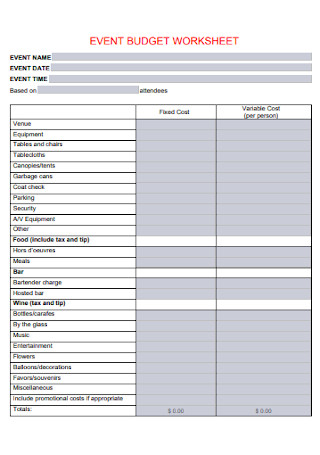
Event Budget Worksheet
download now -
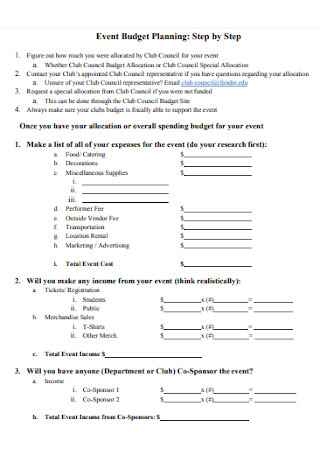
Event Planning Budget
download now -
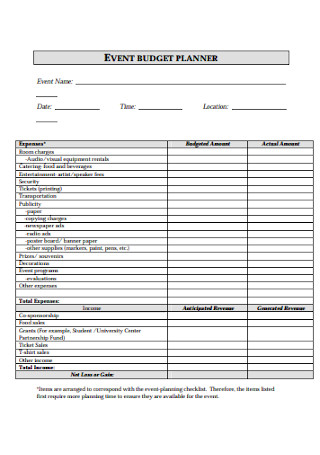
Event Planner Budget Template
download now -
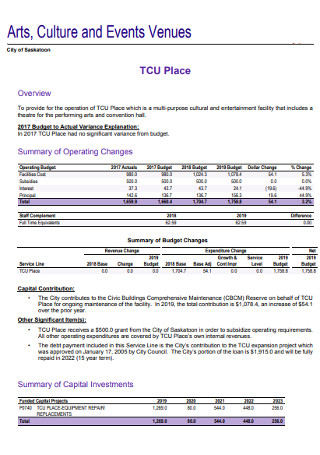
Event Business Budget Template
download now -
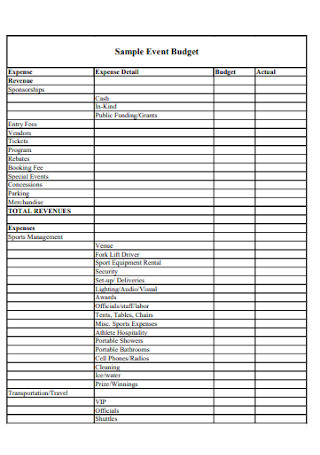
Sample Event Budget Template
download now -
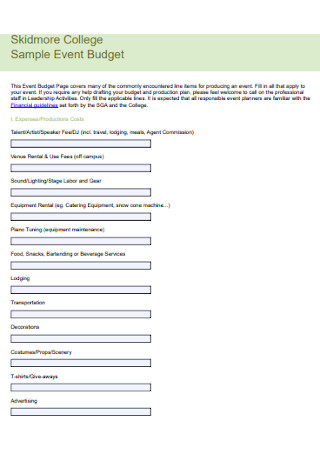
Sample College Event Budget
download now -
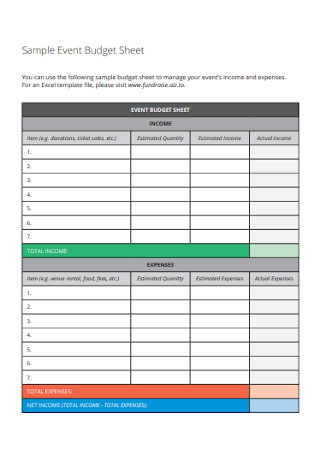
Sample Event Budget Sheet
download now -
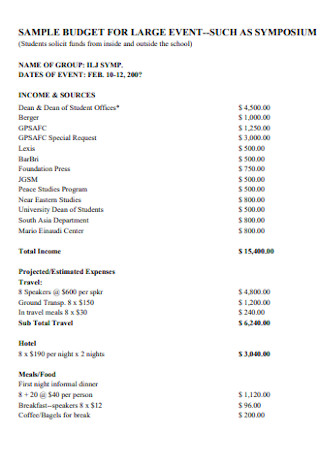
Sample Budget for Large Event
download now -
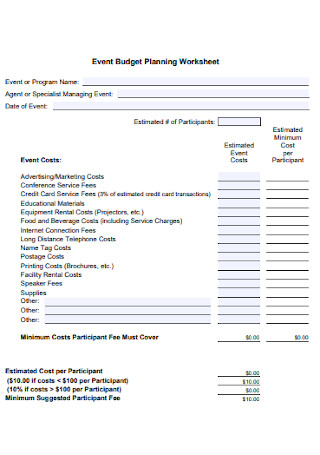
Event Budget Planning Worksheet
download now -
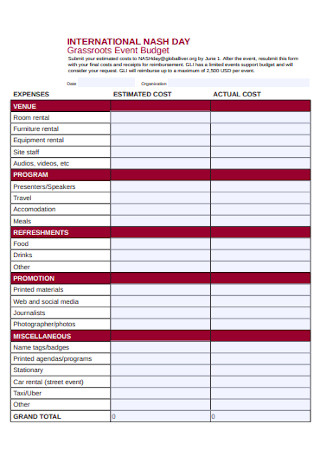
Grassroots Event Budget
download now -
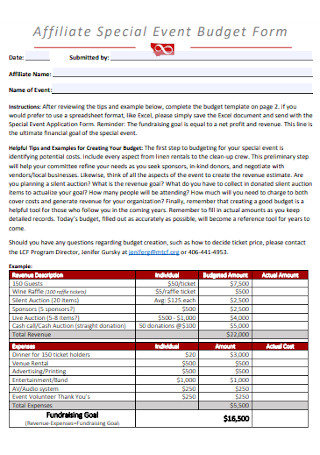
Affiliate Special Event Budget Form
download now -
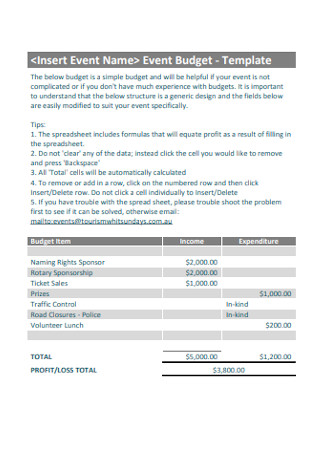
Basic Event Budget Template
download now -
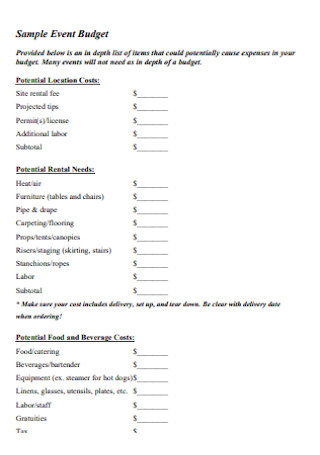
Sample Event Budget Example
download now -
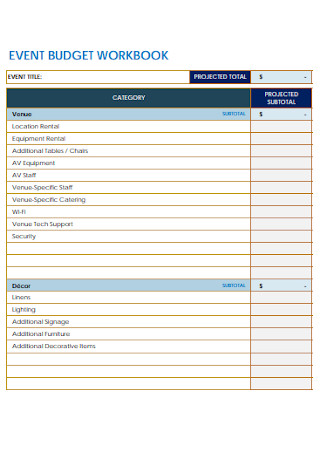
Event Budget Workbook Template
download now -
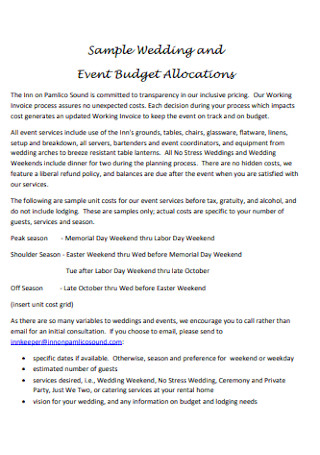
Wedding Event Budget
download now -
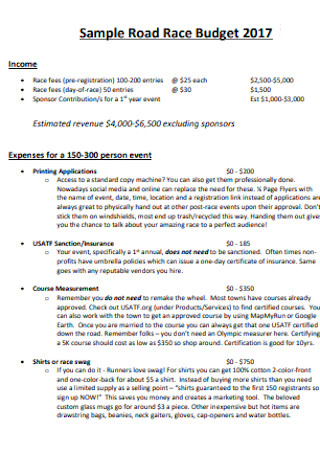
Sample Road Race Event Budget
download now -
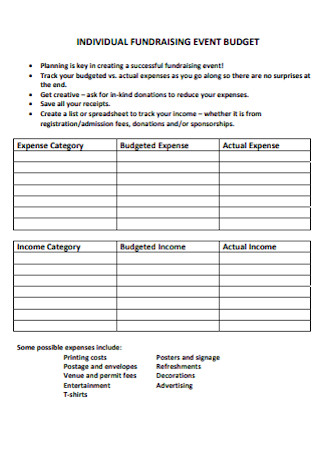
Individual Fundraising Event Budget
download now -
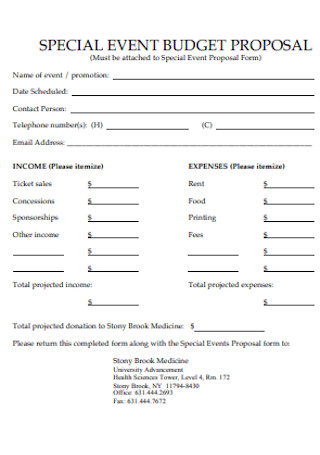
Special Event Budget Proposal Template
download now -
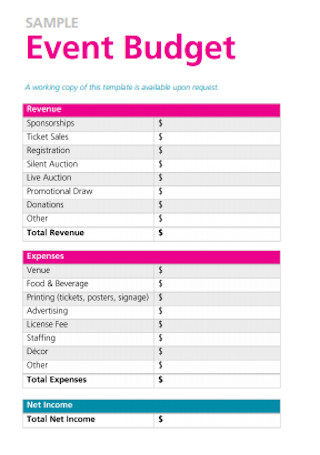
Standard Event Budget Template
download now -
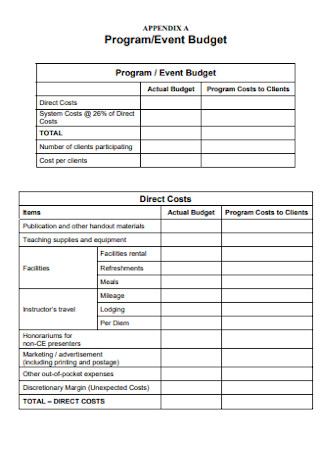
Program and Event Budget
download now -
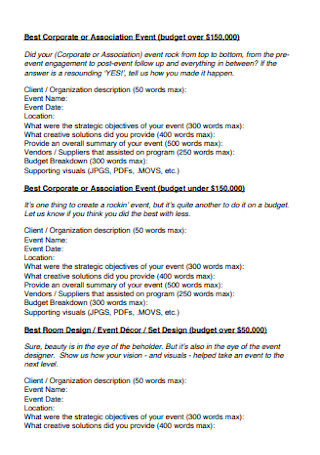
Corporate or Association Event
download now -
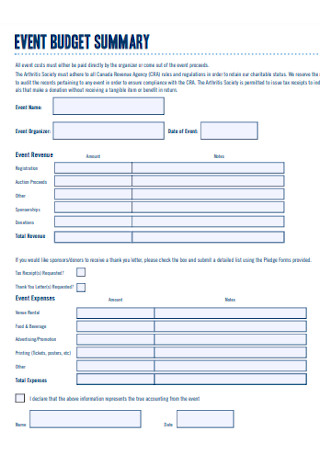
Event Budget Summary Template
download now -
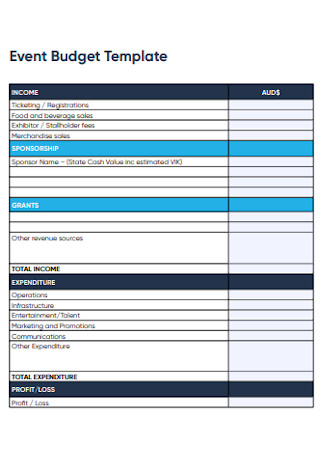
Simple Event Budget Template
download now -
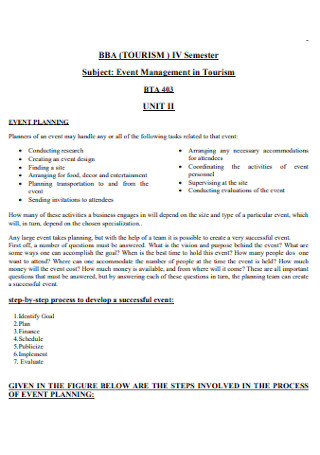
Event Management Budget
download now -
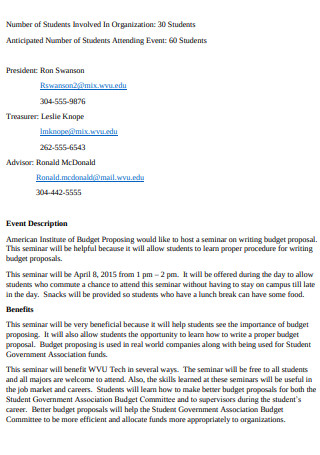
Campus Event Budget Template
download now -
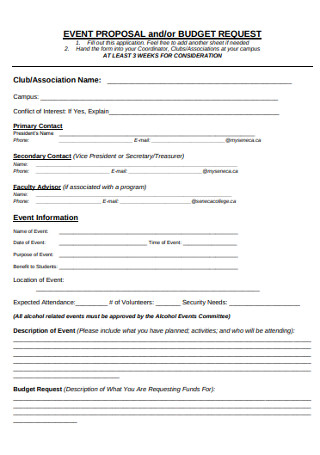
Event Budget Proposal Example
download now -
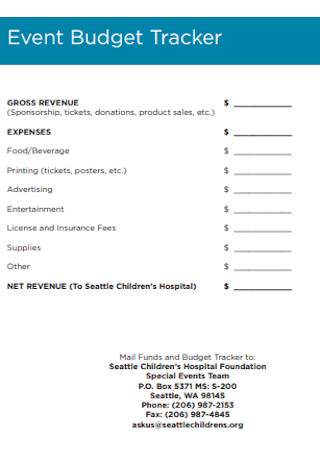
Event Budget Tracker Template
download now -
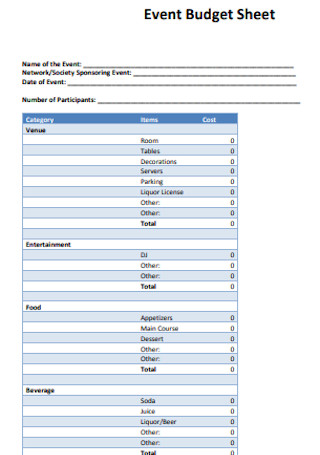
Event Budget Sheet
download now -
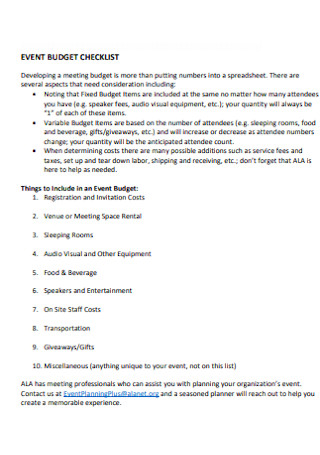
Event Budget Checklist
download now -
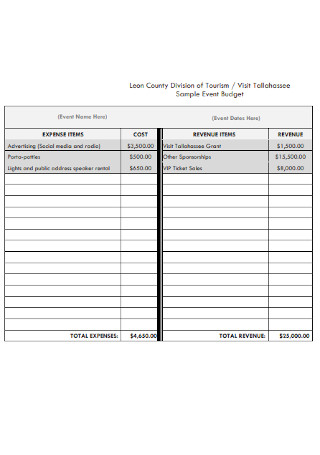
Sample Tourism Event Budget
download now -
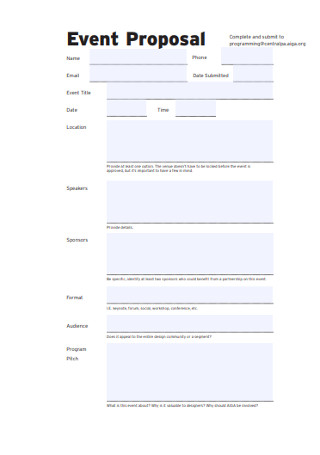
Event Proposal Budget Form
download now -
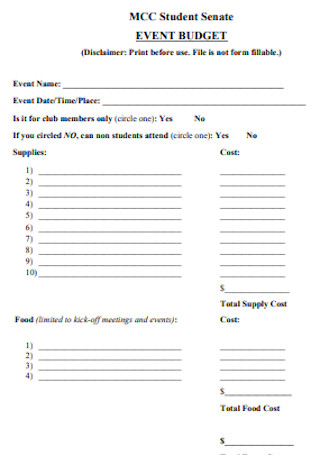
Student Budget Event Template
download now -
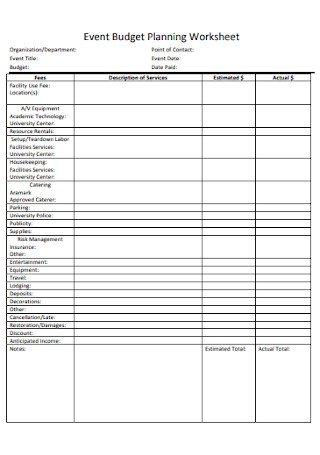
Event Budget Planning Worksheet Template
download now -
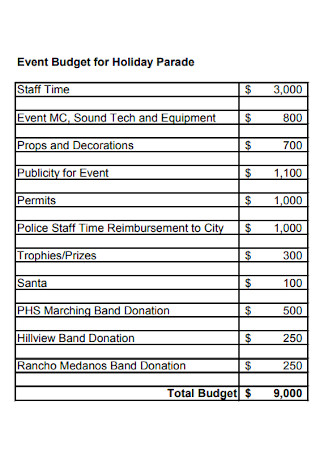
Event Budget for Holiday Template
download now -
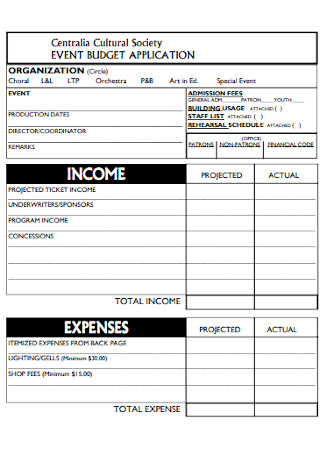
Event Budget Application Template
download now -
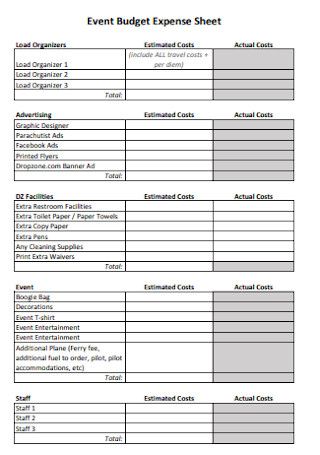
Event Budget Expense Sheet
download now -
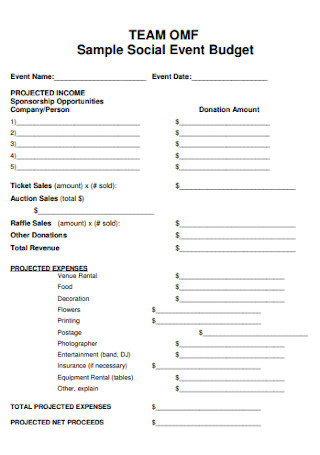
Sample Social Event Budget
download now -
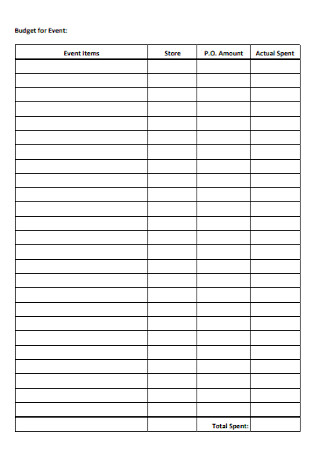
Budget for Event Format
download now -
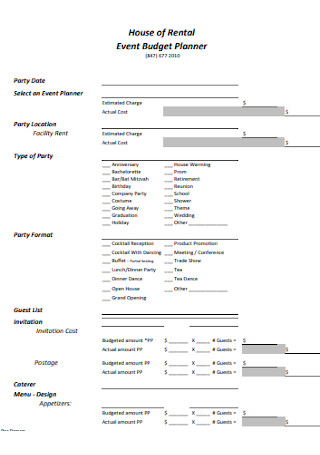
Event Budget Planner Template
download now -
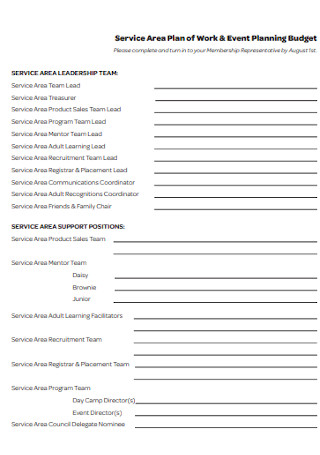
Event Work Planning Budget
download now -
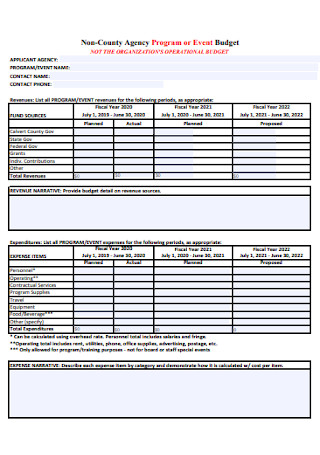
Program or Event Budget
download now -
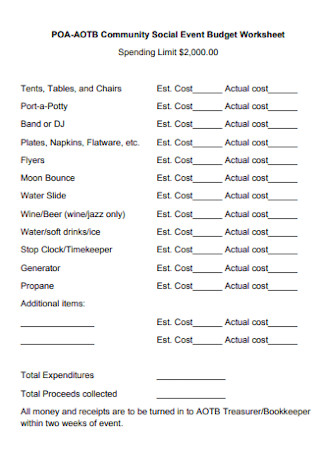
Community Social Event Budget
download now -
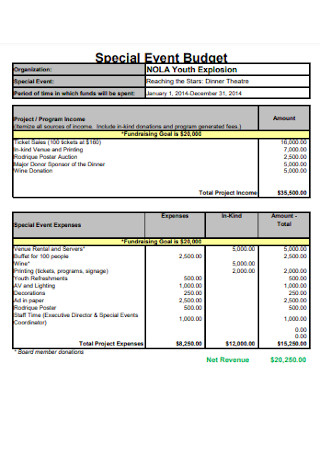
Special Event Budget
download now -
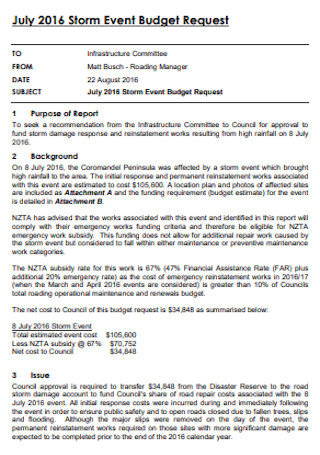
Storm Event Budget Template
download now -
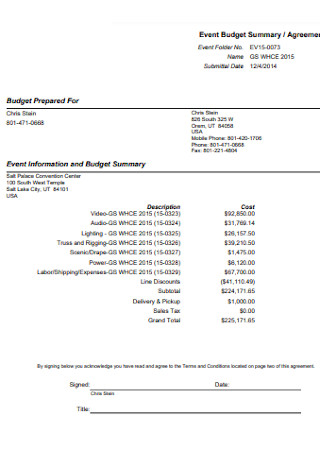
Event Agreement Budget
download now -
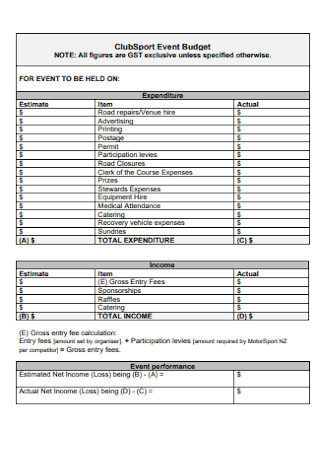
ClubSport Event Budget
download now -
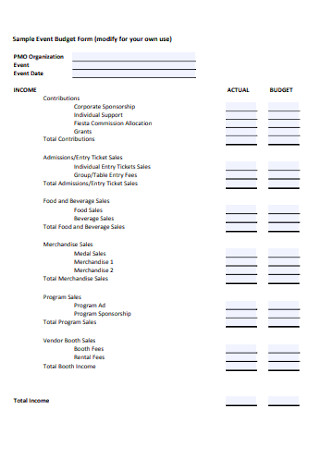
Sample Event Budget Form
download now -
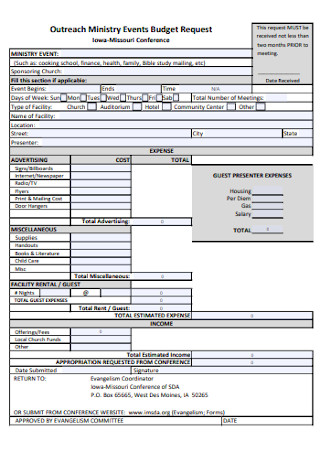
Outreach Ministry Events Budget
download now -
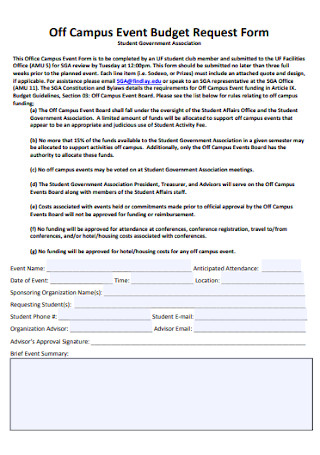
Off Campus Event Budget
download now -
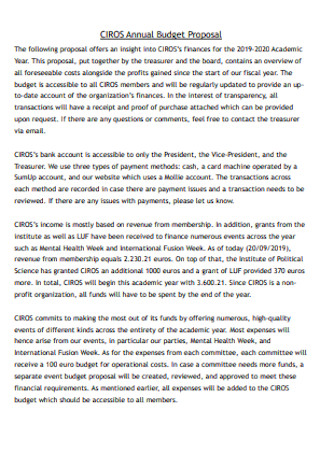
Annual Event Budget
download now
What Is an Event Budget?
Event budget refers to the financial forecast or overall picture of every expense or revenue expected in your event. So right from the planning process, you already consider your event’s budget from food or catering services, hotel accommodation, travel fare, party services and equipment rentals, and so much more. And event budgets are a crucial part of project plans to ensure they run successfully and financially.
Based on a report, 66% of event organizers expect budget cuts for the in-person, virtual, or hybrid events of 2021.
Budget Classifications of a Standard Event
Budgeting is divided into various categories. Indeed, most people allocate a big percentage of expenses for food and beverages. But in a standard event, food isn’t your only concern. There are many classifications as well. So in this segment, get introduced to the typical classifications of an event budget.
How to Make an Event Budget
An event budget is not that difficult when you know how to plan effectively. In fact, there are sample event budgets that help you plan and be guided on how event budgeting works smoothly. Choose your preferred template from the samples above, customize the content, and follow the rest of the steps below.
Step 1: Set Your Budgeting Goals
First of all, what is your event’s budgeting goal? You have to ensure those goals meet what you pay for in the end. So are you setting an event for a business conference, a project proposal, or maybe a birthday party? Finalize it. After that, you can begin creating every estimate of the expected expenses that follow.
Step 2: Consider Historial Data and Event Trends
Do your research by considering historical data and the latest event trends. Historical data would help you see what worked out great or not from precedents of events. Meanwhile, event trends help you discover the best strategic plans that help run events successfully in modern times. Use your data from the research to analyze what could work or not work for your next event soon.
Step 3: List and Classify Your Event Budget
As you begin listing all the expenses for the event, be sure to classify them accordingly. You are already guided on how to group them according to the budget classifications of a standard event, as discussed earlier. But you can personalize that according to your purpose. Make sure to be as detailed as possible so you won’t get mixed up with your ideas eventually.
Step 4: Update Your Event Budget Regularly
You will eventually use your event budget for reference and recordkeeping anytime. So be sure to prepare that document when you need to check if the right amount of money was estimated, write additional expenses to record, or change some details. Bear in mind that it may serve as your event’s lifeline. Therefore, a poorly made event budget leads to a possible drastic event.
FAQs
Why is the event budget important?
Event budget is important, particularly for event planners and organizers. That is because the budget sets the financial statement and parameters on where to spend money, how much to spend, how to divide them, and so much more. More so, budgeting helps keep track if more money is needed or has exceeded already.
What is an event cost?
An event cost refers to the price or value of attending a particular event. It highlights how much an event’s ticket or entrance fee is. And event costs are crucial to ensure events succeed and gather enough revenue in the end.
How much should you allocate for food and beverage?
In an event, it is recommended to allocate at least 33% of the budget for the food and beverage.
Thanks to event budgets, you can assess and analyze your whole financial performance of any event in no time. Consider your past, present, and future performances as an indicator of what to learn and improve from such events. And with a sample event budget as your event’s official budgeting tool, success is right around the corner. Download now!
